The Covid-19 pandemic is causing widespread concern. Besides wearing masks and washing hands frequently, we should also avoid crowded public places and minimize contact with strangers. However, it can be challenging as we need to go grocery shopping. Understanding this concern, Dr. Liu Jia Yong, head of the Scar Clinic in Beijing, China, has provided guidance on safe shopping during this challenging time. Let’s explore and implement these measures to protect ourselves!
Further Reference:
Check out this video for 5 IMPORTANT tips when shopping at supermarkets during a pandemic to avoid getting infected

1 Quick Shopping at the Supermarket
Step 1: Wear a Mask Properly
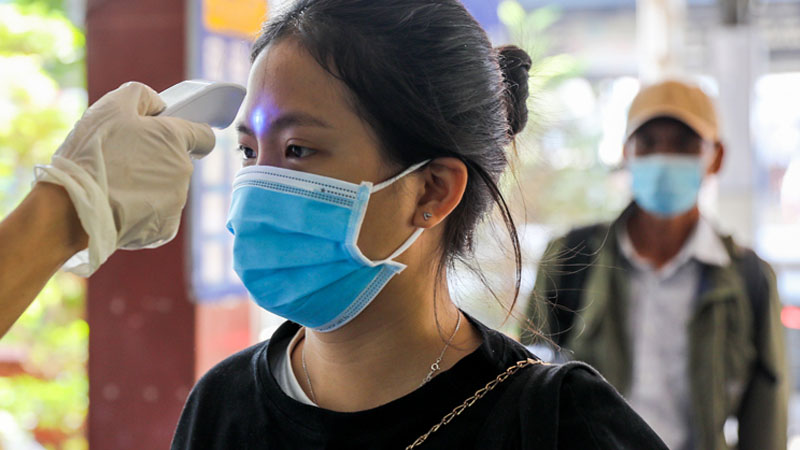 Wear a mask correctly
Wear a mask correctly
Do not skip wearing a mask. Always sanitize your hands with an antiseptic solution before putting on a mask, and avoid touching the inside of the mask.
Remember to follow the 5K rule and complete the health declaration when visiting the supermarket.
Step 2: Prepare Tools to Press Elevator Buttons
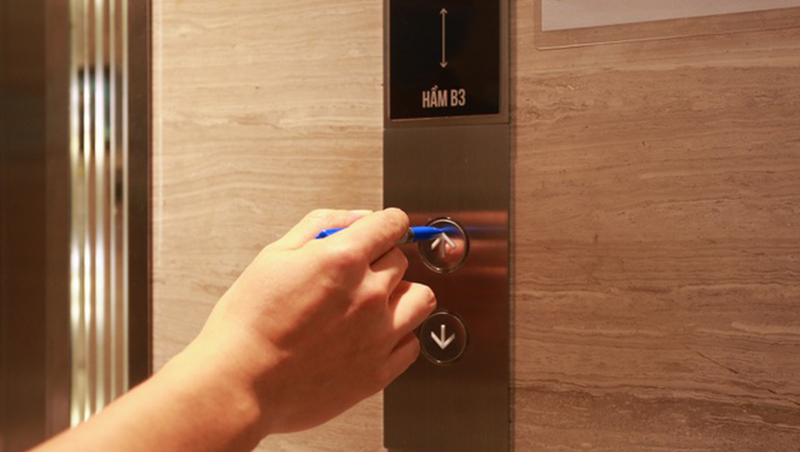 Prepare tools to press elevator buttons
Prepare tools to press elevator buttons
When using elevators in shopping malls, avoid pressing buttons directly with your fingers as they are a breeding ground for bacteria. Use a pen or your key to press the buttons instead.
Step 3: Make a List of Groceries
 Make a list of groceries
Make a list of groceries
Create a list of items you need before heading to the supermarket to avoid wandering around the store multiple times. During this pandemic, opt for more greens, fruits, and packaged foods.
Step 4: Maintain Safe Distance During Payment
 Maintain a safe distance during payment
Maintain a safe distance during payment
Keep a safe distance from others while shopping and paying (about 2 meters). Try to avoid touching surfaces in public places, and refrain from touching your eyes, nose, or mouth before washing your hands with soap or sanitizer.
Step 5: Disinfect Your Shoes
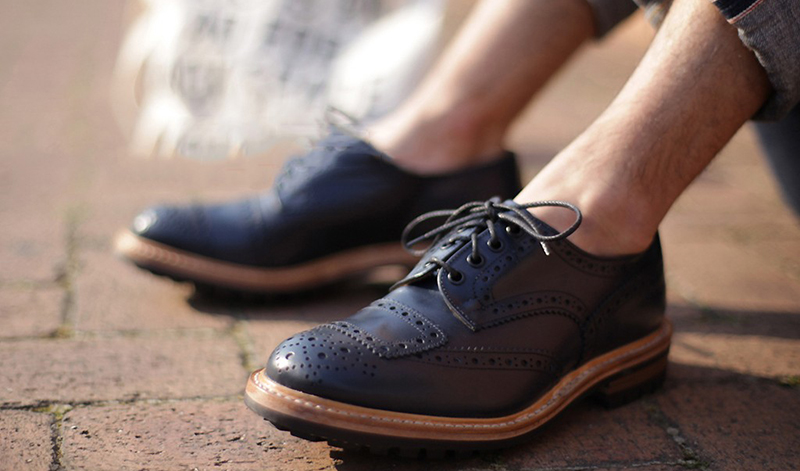 Disinfect your shoes
Disinfect your shoes
After returning from the supermarket, disinfect your shoes and leave them outside. This will help reduce the number of bacteria brought in from the outside.
Step 6: Wash Your Hands
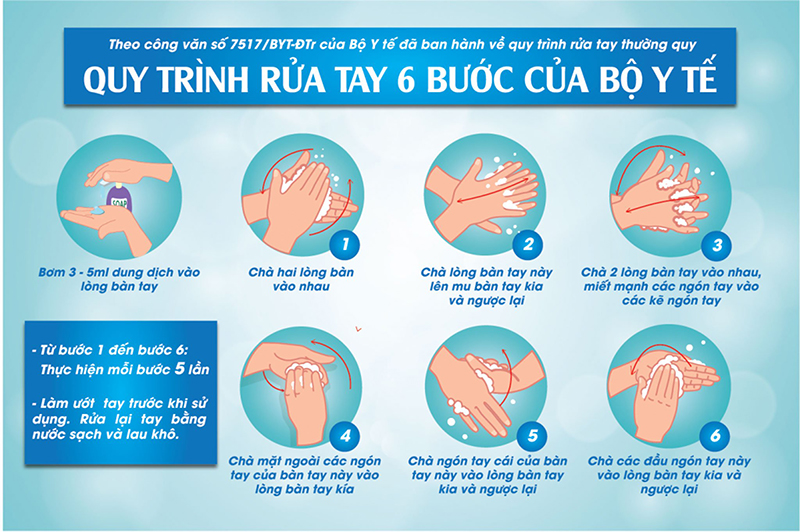 Wash your hands
Wash your hands
Once you’re back home, the first thing to do is to wash your hands. Wash your hands with soap, and do it twice to ensure thorough cleanliness.
Step 7: Remove Your Mask
If you’re using a cloth mask, hang it in a sunny place to disinfect. For disposable medical masks, use them only once and discard them into a covered trash bin.
Step 8: Hang Your Coat in a Well-Ventilated Area: Similar to masks, hang your coat in a well-ventilated area or in the sun.
Step 9: Wash Your Hands Again with Soap or Sanitizer
Step 10: Wash the Purchased Groceries and Practice Safe Food Handling.
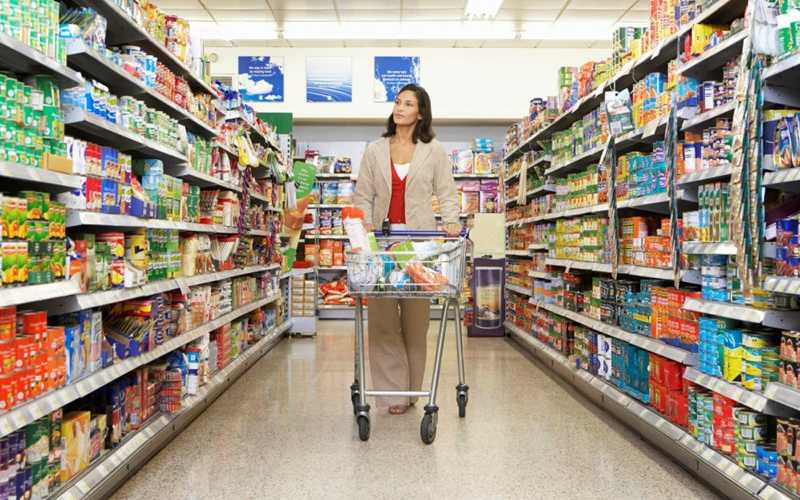 Wash the purchased groceries and practice safe food handling
Wash the purchased groceries and practice safe food handling
2 Quick Online Shopping
Alternatively, you can opt for online shopping to purchase essentials from the comfort of your home. This method is both convenient and safe.
However, remember to wear a mask, maintain distance when receiving deliveries, and sanitize your hands after receiving packages.
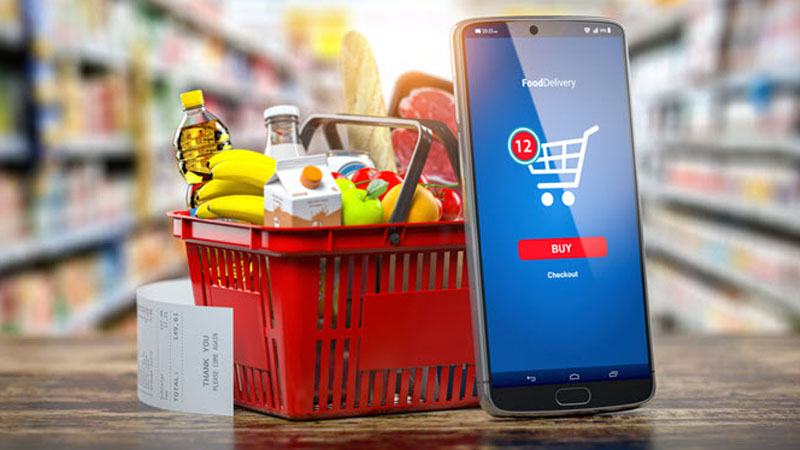 Quick online shopping
Quick online shopping
These are the 10 steps to protect yourself while shopping during the pandemic. Please refer to and strictly follow these guidelines to minimize the risk of infection. As the situation is complex, take proactive measures to protect yourself and those around you!
“Criteria for Home Treatment of F0: Understanding Negative Results”
“As the world continues to navigate the challenges presented by COVID-19, a pressing question arises for those managing their illness at home: What exactly does it take to be considered fully recovered and negative from this virus? Let’s delve into the intricacies of this matter and provide clarity for those seeking a definitive answer.”
What Students Need to Do to Stay Safe as They Return to School
The complex nature of the nCoV outbreak has led to schools taking proactive measures by temporarily closing to prevent further spread. It is imperative that parents also play a role in educating their children on essential preventive skills to ensure their safety and well-being as they return to school.




































